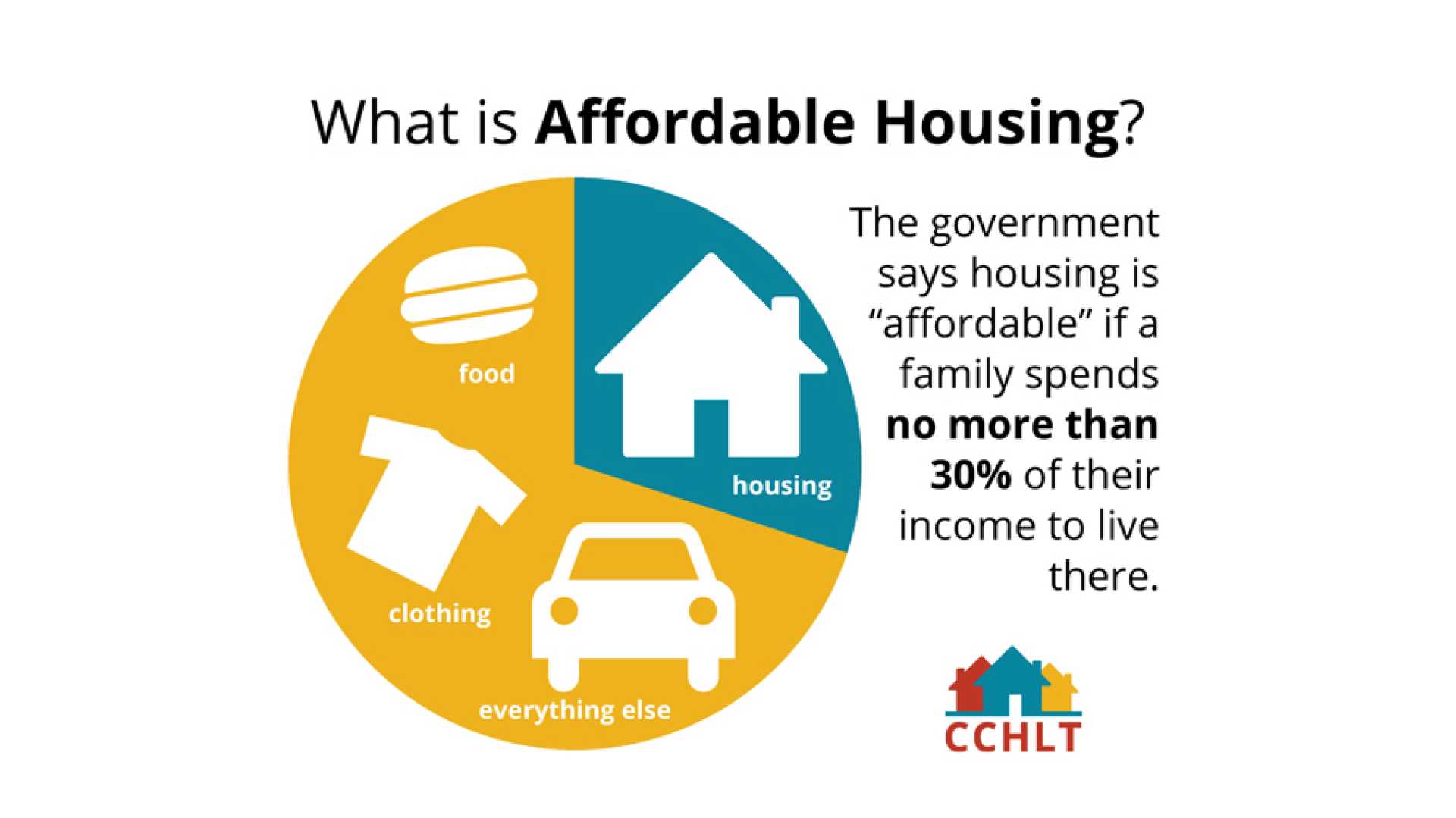News
Affordable Housing Crisis Grows Amid Rising Costs and NIMBYism

WASHINGTON, D.C. — The affordable housing crisis in the United States is worsening, particularly in the apartment sector. Developers have cited soaring land, material, and labor costs, making the construction of quality low-income housing increasingly difficult. The issue is compounded by restrictive zoning laws and rising NIMBYism, where local residents object to affordable housing in their neighborhoods.
Real estate expert Jonathan Rose, founder of Jonathan Rose Companies, commented, “This is a tough time for real estate. Higher interest rates and construction costs are challenges, but there are also opportunities to navigate these complexities.” He highlighted new tax incentives from a recently passed spending bill that could aid the development of affordable housing.
The legislation expanded the Low-Income Housing Tax Credit (LIHTC), permanently increasing credit allocations to states by 12%, providing more financial support for developers. Rose stated, “The U.S. has a shortage of about 10 million affordable housing units. While this won’t solve the entire issue, it’s a significant boost for creating more rentals.” Advocates in the housing sector have praised the bill, describing the LIHTC as the nation’s most effective tool for creating affordable rental housing.
David Dworkin, president of the National Housing Conference, noted that the changes are expected to produce or preserve over 1 million additional affordable rental homes between 2026 and 2035. Rose’s firm has also closed a $660 million impact fund focused on preserving and enhancing affordable and mixed-income housing.
Despite these efforts, challenges remain. The Trump administration has proposed a $27 billion cut to federal rental assistance programs, causing concerns among lenders. However, bipartisan support for affordable housing funding seems to persist in Congress.
In Brookline, Massachusetts, a large development plan has raised eyebrows among local residents. City Realty has presented plans for a mixed-use complex that includes nearly 600 housing units, but local opposition has prompted the developer to file for a 40B permit, allowing them to bypass some local zoning laws. Cliff Kensington, the company’s director of acquisitions, emphasized the urgency of moving forward without extensive delays.
Many towns are struggling to balance the need for affordable housing against community opposition. Residents often express concerns about the impact on property values and neighborhood aesthetics. Rose acknowledged that negative perceptions stem from past poorly designed affordable housing projects, vowing to create beautiful, quality developments that are aesthetically pleasing.












